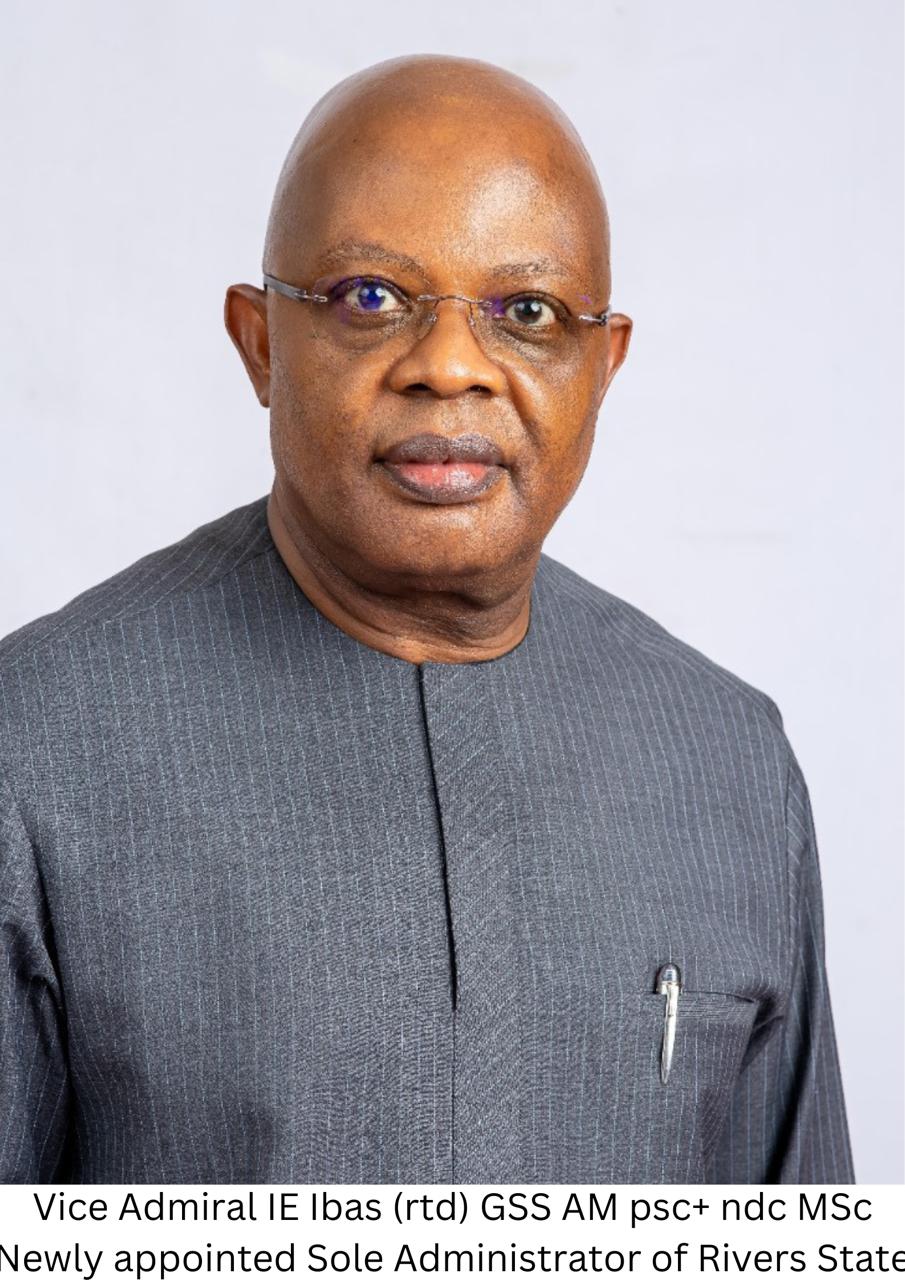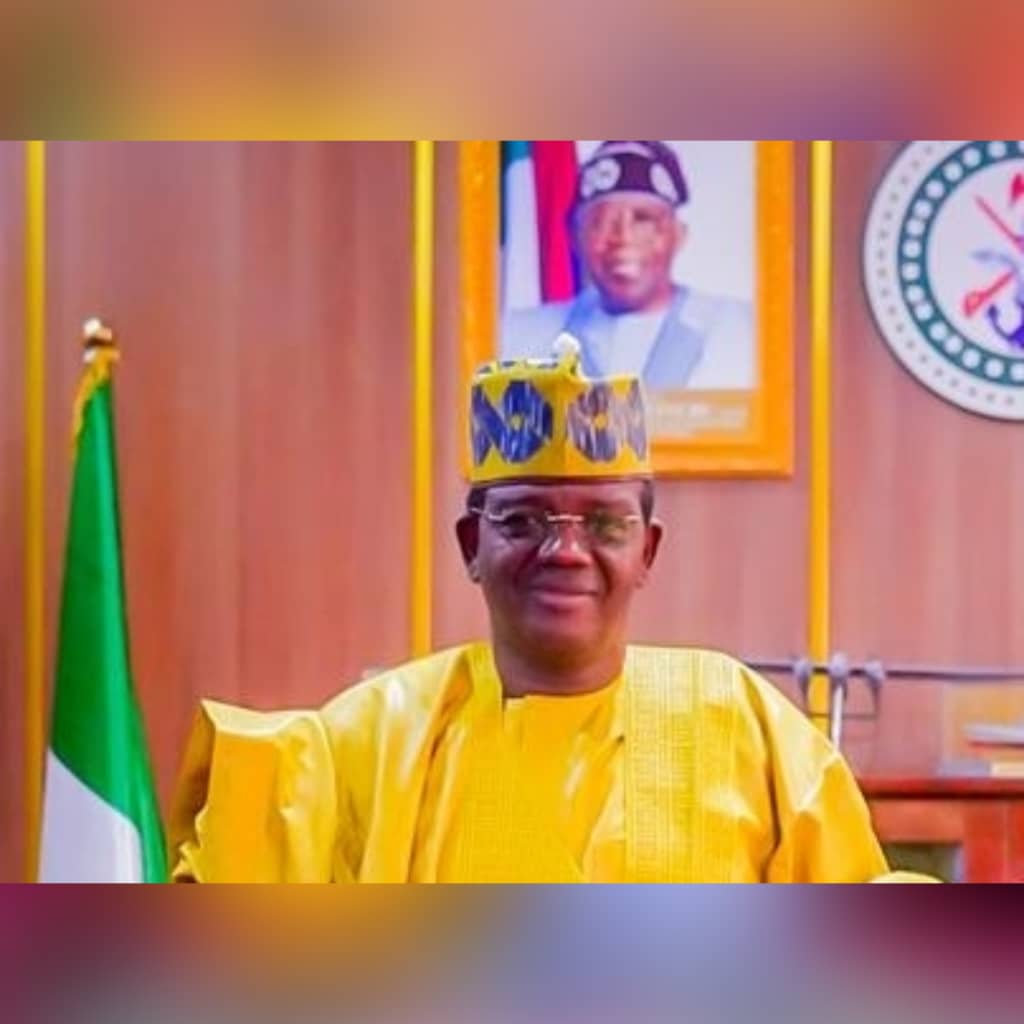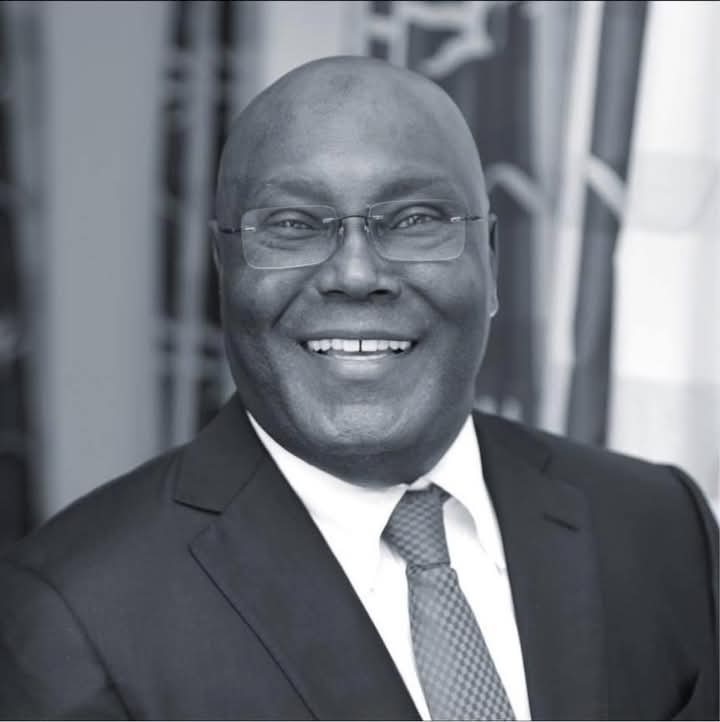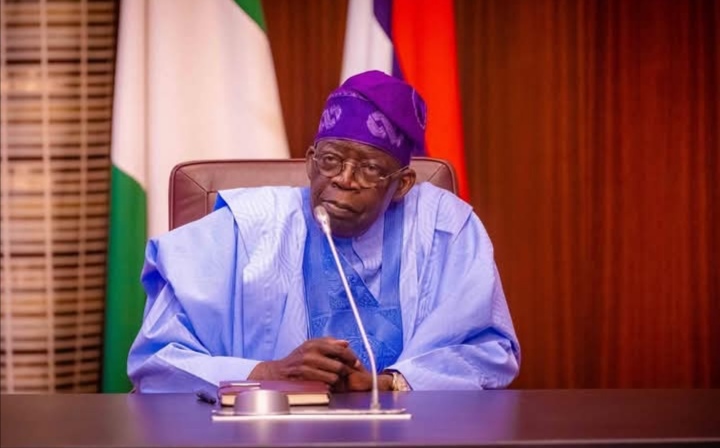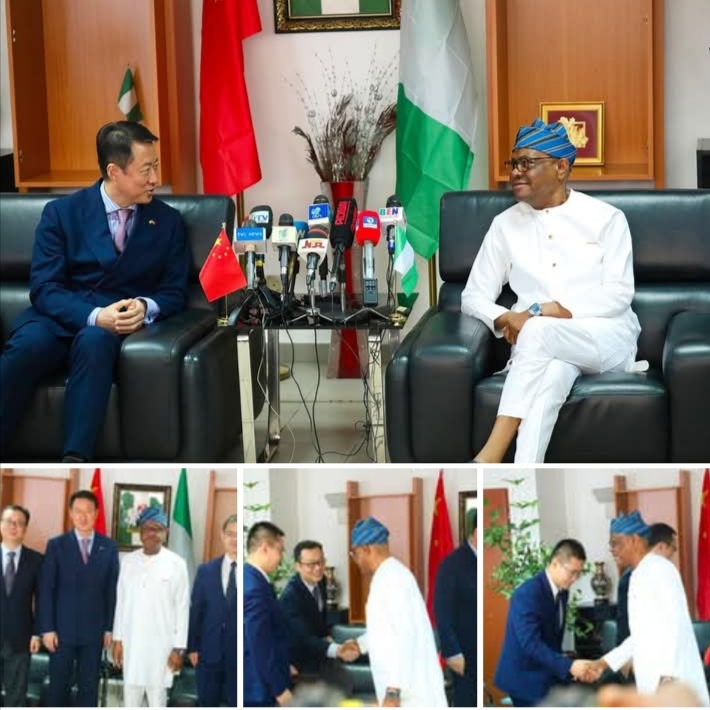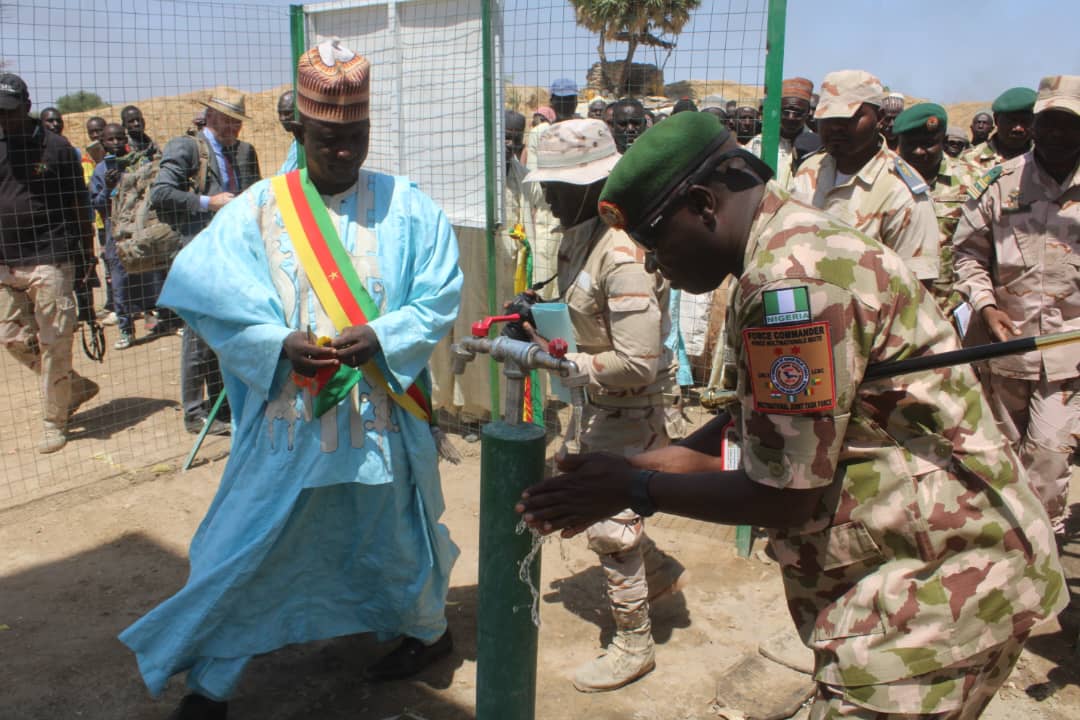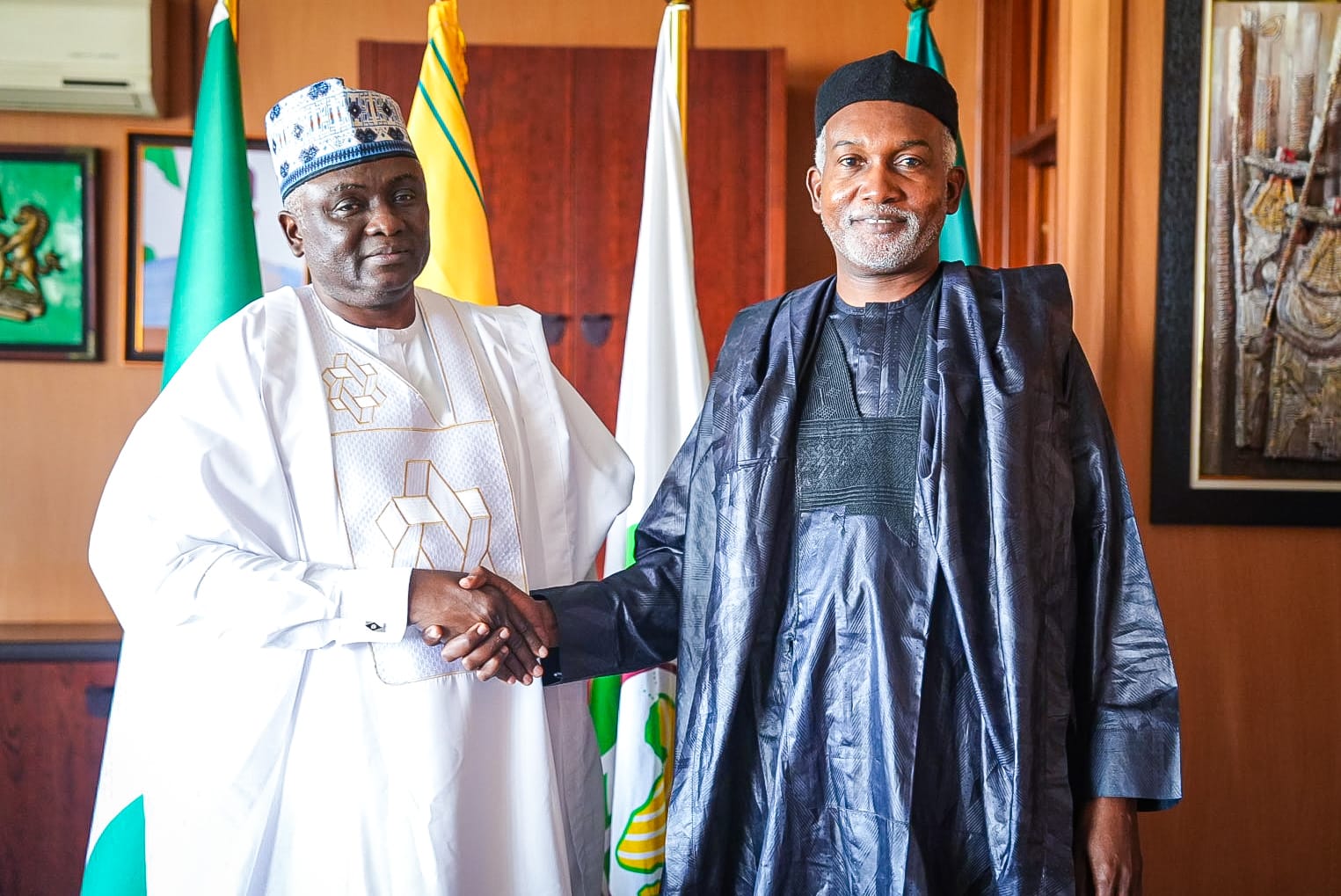EndSARS: Heed the Opportunity To Listen, Learn, Respect And Reform -Saraki

Sen. Saraki
Immediate past Senate President
Chair, The African Politiea Institute (TAPI)
“I, for one, cannot feign blindness to the ongoing protests calling for the Federal Government of Nigeria to end the operations and activities of the Nigerian Police Force’s Special Anti-Robbery Squad (SARS) – and end it now.
Across the nation, we are bearing witness to well-organized and largely orderly youth protests, clear manifestation of the frustration felt by our youthful citizens. They are voicing their response to the increasingly harrowing scenes of random and unjustified harassment, intimidation, detention, and worse still, even extrajudicial killings by rogue cells in SARS of members of the future of Nigeria.
As a patriot who firmly believes in the rule of law, I can no longer sit back and watch. My words are written with a sense of responsibility for the prosperity and protection of the nation. If some willingly try and misunderstand my words below, so be it, as the matter is too important and above individual vanities. At this point in our country’s history, let all those who can, stand up and speak out on the issues we collectively face and shed light on the dark areas that weigh on our common life together.
In my opinion, this #EndSarsNow, #EndPoliceBrutality is not one bit about politics. It is all about young people whose agitation and raised voices are demanding protection of their daily rights and liberties, to live, associate, and work, productively in peace. The very diversity of the protests shows they are apolitical in nature. Our youths are fed up with a system that has first and foremost failed to do its duty to protect them. I try hard to imagine how awful it must be to be picked up and picked on by members of this notorious squad simply because of my dress or hairdo, etc. That has nothing to do with maintaining law and order, which, as we all know, can even be achieved peacefully – weapons must always only be a last resort.
There is a danger in the escalation of any protest movement, and #EndSARS is no different. Escalation happens when each hour that passes is an hour when we seem to have not listened to the protesters and taken their grievances seriously. It becomes an “us vs. them” rather than an “us and them”. The initial response of the Inspector General of Police, Mr. Mohammed Adamu to #EndSARS in which he gave various directives about the squad can be read as an admission that many things are indeed wrong with SARS. To disband it, therefore, does not mean bowing down to anyone. It is a rational choice that shows the NPF’s gravitas and clarity. And it likewise demonstrates responsiveness with and empathy for those the NPF is duty-bound to protect.
In my speech at the Arise/THISDAY Independence Anniversary celebrations, I pointed out that our current demographic indices show the country now belongs to our youth and that leaders must, if only for that reason, always listen to them, address their concerns, and design policies and programmes aimed at engaging them productively. This means that if young people are being terrorized by the institution designed and constitutionally duty-bound to protect them and feel that SARS has become a menace to them and society, then we must listen! Meaning we should, quite simply, disband SARS, take a step back, take a comprehensive stock of the activities of SARS, and assess the complaints. After all, it is not as if the police cannot effectively carry out their duty of maintaining the peace and protecting Nigerians’ lives and property without the SARS. They did so resolutely for decades. And maybe the review will lead to a new unit being established, albeit this time, one that obeys its duties and acts in the interests of the citizens.
On occasions like this, leaders need not worry about ‘saving face’. They are simply listening to the people whom they are elected to represent, irrespective of what their personal views might be. I remember an incident as Governor of Kwara State when the State House of Assembly deliberated upon a law towards regulating the tonal volume of public loudspeakers used for religious preaching in response to the proliferation of religious extremism and the rising insurgency in the North-East. Some religious clerics sent a delegation to me and advised in no uncertain terms that government should steer clear of such issues and allow the clerics themselves to self-regulate their activities. We listened and understood. We withdrew the bill already before the House of Assembly. Such humility was wise, as the clerics ensured that the issue did not cause a crisis. The wish of the people prevailed over that of those elected to represent them: the government. That is what democracy is about.
In analyzing the evident atrocities of SARS, it is clear that it’s chequered history has been beleaguered by the institutional vandalism and emasculation of leadership in policing, the militarization of policing for regime security, and impunity of security services, neglecting to prioritize long-standing reforms designed to improve public confidence in policing by bringing police closer to their communities – community policing and deploying officers to their own communities, a failure to fund and effectively implement reform efforts for technology to improve operating conditions for police officers.
For leaders, ignoring the wishes of the people, let alone those of the majority of the people, is never a good stratagem, especially not at present when the complaints of these youths are genuine. Nor is it all a tall task: The groundwork for the new has been laid. The enactment of the Police Reform Bill which started during the period of the Eighth National Assembly sought to make certain the police genuinely serve Nigerians, as the Constitution envisages. What we have since experienced is a failure to fund and effectively implement reform efforts for technology and training to improve operating conditions for police officers and police-community relations. The Bill sat on desks for 18 months before receiving due assent. During that time public confidence in Policing by bringing police closer to their communities was simply further eroded.
That confidence was further dented by the fact that it was not until the protests started that the IGP ordered ‘SARS’ off the streets, although the NPF is fully aware of the need for greater professionalism in the Police Force by providing relevant training in all police formations in Nigeria for enhanced performance; and respects for victims of crime and an understanding of their needs. It bears remembering here that in a sample DFID-funded research programme, results of 75 incidents showed that only 2.6% resulted in prosecution, whereas judicious intervention by police knowledgeable of local circumstances ensured peaceful and mostly negotiated resolution, such as through restitution, of infractions.
We must remember that peaceful protests are a big part of our democratic process. The right to freedom of speech and assembly are guaranteed by our Constitution, and we must never support any attempt to rob citizens of their fundamental human rights.
It is not a time for prevarication but for us to get on with things. Show our young people that we have listened and they are right – and seize the #EndSARS/ #EndPoliceBrutality as the opportunity to totally overhaul the police to enable them to do a better job for the benefit of us all.
In closing, Let me pay tribute to the victims of Police excessive reaction to the #EndSARSProtest, Jimoh Isiaka who was murdered in Ogbomosho, Oluwadamilare Gbolohunmi and Abdulrasaq Olawale who were both injured by the police during the protests as well. May their sacrifice lead to a better Nigeria Police.
Saraki, immediate past Senate President, is also Chair, The African Politiea Institute (TAPI).


